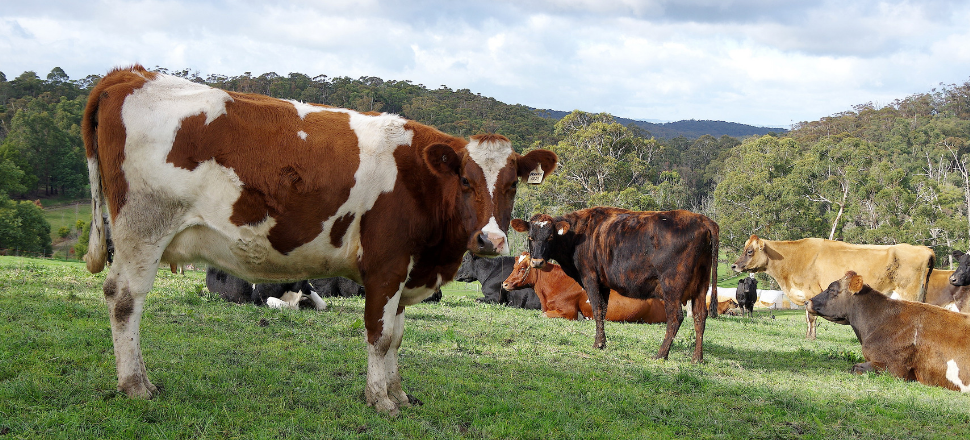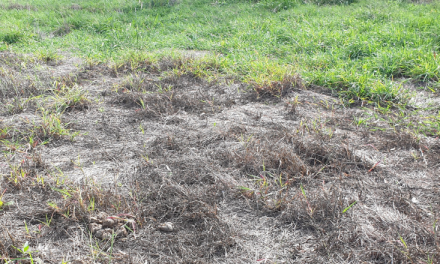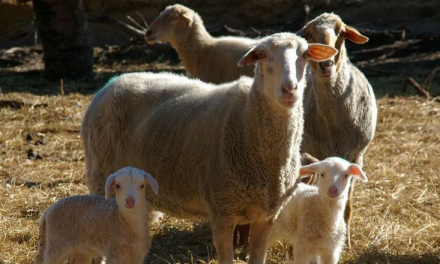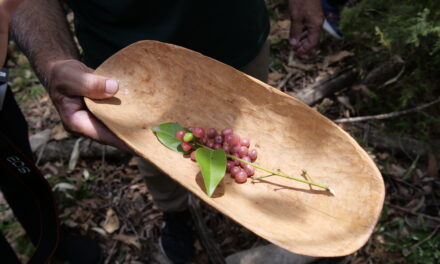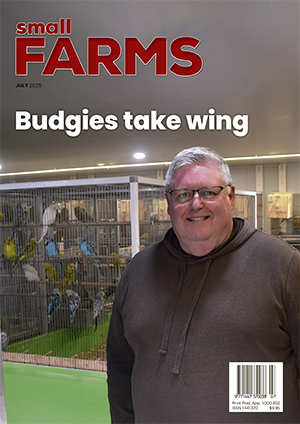Communication, flexibility and a strong understanding of underlying profit drivers are fundamental for the long-term success of Australian dairy businesses.
That’s according to a report released today by 2017 Nuffield Scholar and organic dairy farmer, Brendan Hehir, from Wyuna in Victoria.
With support from the Gardiner Dairy Foundation, Mr Hehir travelled across four continents on his scholarship, meeting dairy farmers and unearthing lessons from businesses that have endured milk price shocks like those in Australia.
Acknowledging the challenges that low milk prices and high input prices are posing for Australian dairy farmers today, Mr Hehir wanted to investigate how top international dairy farmers maintain business flexibility in order to capitalise on the good years.
“Dairy is a volatile business environment, and I wanted to learn how the top five per cent of farmers maintain flexibility in these conditions, without compromising their underlying profit drivers,” Mr Hehir said.
“I discovered the top operators maintain a clear focus on profitability, instead of production or yield. Unconstrained by production or yield metrics, they have greater flexibility in adapting to changing seasonal or industry conditions.”
Travelling through New Zealand, Mr Hehir researched how dairy farmers there mitigated the impacts of milk price volatility both within and between production years.
“A review of final milk prices paid by Fonterra in New Zealand back to 2001-02 reveals a high degree of price volatility. Speaking with New Zealand dairy farmers, they all had a strong view that in hindsight, the 2014-15 price drop from $8.40/kg MS to $4.40/kg MS, was good for the industry,” Mr Hehir said.
“The price drop made farmers take a long hard look at their businesses and re-evaluate their production systems. Farmers sharpened their focus on profit drivers and are now wary of over capitalising in the high milk price years.
“It’s now common practice to analyse budget sensitivity in a range of milk prices scenarios, which allows them to better endure milk price volatility.”
Another key driver of business profitability was found to be communication. Visiting farming groups in the United Kingdom, Mr Hehir discovered a range of ways that dairy discussion groups in Australia can increase value for participants.
“The Moovers & Grazers group in Leicestershire, prepared a comprehensive ‘pre-reading’ pack for all attendees, which included monthly budget reports, year to date, and annual reports and a fully itemised budget.
“Providing this information in advance allowed participants to come prepared with questions and observations, and made the sessions more worthwhile for everyone,” Mr Hehir said.
“A strong financial focus is key. By submitting accurate and timely data to the group, the maximum amount of value is extracted from the sessions, and often the process of collating and providing the financial data is as valuable as the discussion itself.”
The report concludes that frequency of financial analysis and a strengthening of knowledge-sharing and communication will see the dairy industry thrive into the future.
“The Australian dairy industry is well placed to take advantage of future strength in the trading environment. However with volatility in business systems set to increase, it is more important than ever that dairy businesses frequently scrutinise their profit drivers and balance sheets, to help ensure they fully capitalise on the good years and absorb the challenges of the tougher years,” Mr Hehir said.
Registrations are now open for the 2019 Nuffield National Conference, held at Brisbane’s EKKA Precinct from 17th to 19th September.
For more information, and to register, visit: https://nuffield.com.au/2019-nuffield-australia-national-conference/

